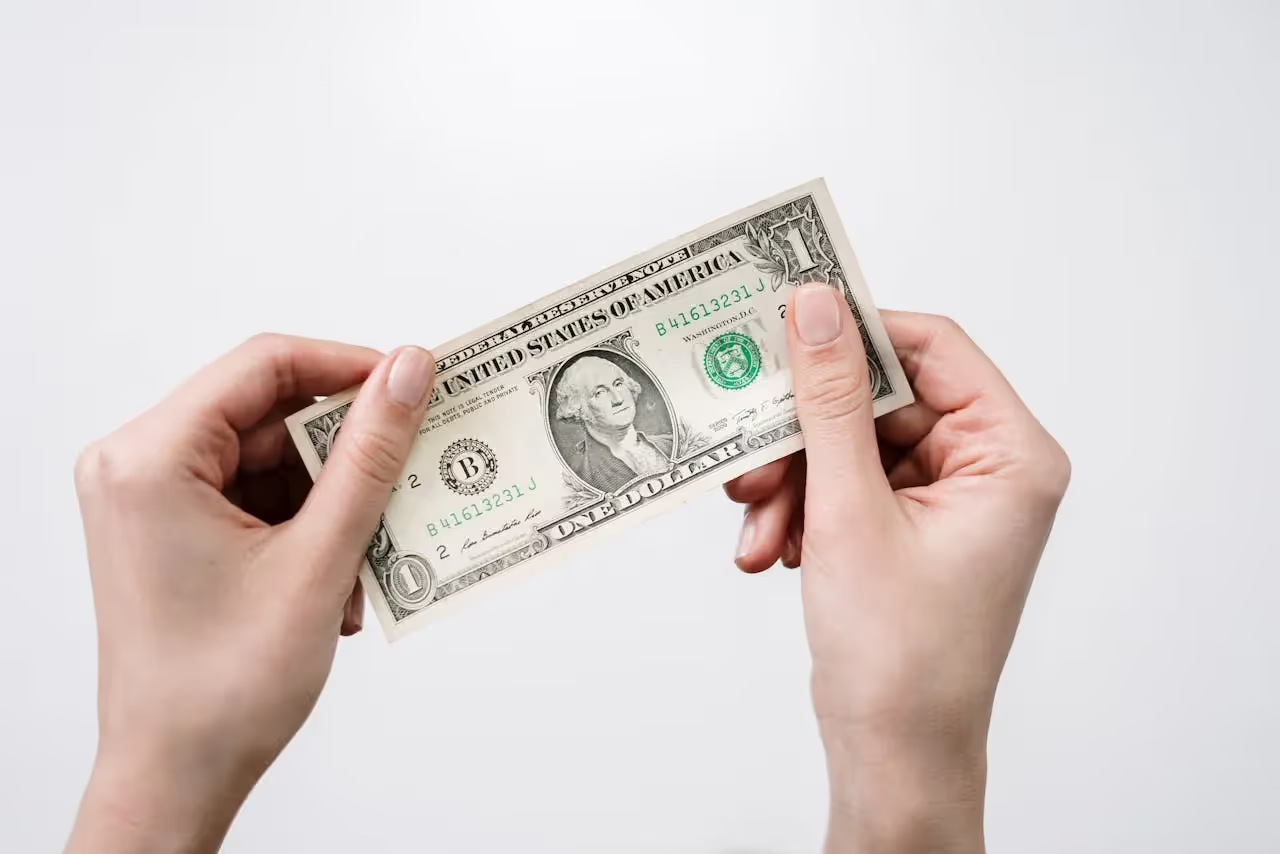Understanding Demonyms: The Names for People from Places
Have you ever wondered what people from Massachusetts are called? Understanding demonyms—the names used to describe residents of a place—can be both interesting and useful. Whether you're a traveler, a writer, or just curious, this article will break down how people from Massachusetts are referred to and why these names matter.
What Is a Demonym and Why Does It Matter?
A demonym is a word used to describe the residents or natives of a particular location. For example, someone from New York is a New Yorker, and someone from Texas is a Texan. These words help you identify someone’s origin and are a key part of regional identity.
Demonyms are used in news articles, speeches, biographies, and everyday conversations. They convey a sense of belonging and cultural identity, and sometimes even pride. Knowing the correct demonym is a polite and respectful way to talk about people from various regions.
The Official Demonym for People from Massachusetts
The officially recognized demonym for someone from Massachusetts is a Massachusettsan. This term is used in formal settings like government documents and publications. However, there are other commonly used terms that you may hear in both formal and informal contexts.
Commonly Used Demonyms for Massachusetts Residents
Although "Massachusettsan" is the official term, it isn’t the only one. You might also come across these names:
- Bay Stater – This is the most popular nickname. It refers to the state’s official nickname, “The Bay State.”
- Massachusite – Rarely used, but it does appear in some historical references.
- Massholean (slang) – Avoid this term. It's a slang word with negative connotations and isn't appropriate for respectful conversation.
Among these, Bay Stater is the most accepted and widely understood. You’ll often hear and see this term in newspapers, political speeches, and community events.
Why Are People Called Bay Staters?
Massachusetts is known as The Bay State because of its three large bays: Massachusetts Bay, Cape Cod Bay, and Buzzards Bay. Early settlers built communities around these bays, making them vital to the state’s development. The term "Bay Stater" honors this geographic and historical significance.
Using "Bay Stater" is more than a linguistic choice—it reflects pride in the history and contributions of those who live in Massachusetts.
How Do You Use Massachusetts Demonyms in Writing and Conversation?
If you’re referring to someone from Massachusetts in a formal context, “Massachusettsan” or “Bay Stater” are both appropriate. Here’s how you might use them:
- Formal writing: “The Massachusettsan senator proposed new legislation.”
- Casual speech: “Bay Staters love their sports teams.”
- Geographic references: “Massachusettsans from western regions often face different challenges than those from Boston.”
Always be mindful of your audience and the tone of your communication. Choose the demonym that fits the context best.
Is 'Massachusettsan' in the Dictionary?
Yes, the word "Massachusettsan" appears in reputable dictionaries, including Merriam-Webster and the U.S. Government Publishing Office Style Manual. While not as commonly spoken as "Bay Stater," it's considered correct and formal.
FAQs About Massachusetts Demonyms
What do you call someone from Boston?
You call them a “Bostonian.” This is a city-specific demonym. It follows the standard pattern for naming people from cities in the U.S., similar to “Chicagoan” or “Philadelphian.”
Are Bay Stater and Massachusettsan interchangeable?
Generally, yes. "Bay Stater" is more popular and widely used in both speech and informal writing. "Massachusettsan" is more formal and is used in government or academic settings.
Is it ever wrong to use these terms?
It’s best to avoid outdated, rare, or slang demonyms. For example, “Massachusite” is rarely used and may confuse your audience. Stay with “Bay Stater” or “Massachusettsan” for clarity and respect.
Why do demonyms matter in cultural identity?
Demonyms offer more than labels. They connect people to their roots and community. They foster state pride and help others understand local culture, values, and traditions.
Can demonyms change over time?
Yes. Language evolves. Some demonyms fade out while others gain popularity. What matters is accuracy, respect, and understanding how language reflects identity and culture.
Other Unique U.S. State Demonyms
Massachusetts isn’t the only state with interesting demonym names. Here are a few notable ones:
- Michigan – Michigander
- Indiana – Hoosier
- Hawaii – Hawaiian
- Demonym for someone from Maine – Mainer
- Connecticut – Connecticuter or Nutmegger
Each state's demonym tells a unique story about its people and culture.
Final Thoughts: Embracing State Identity Through Language
Now that you know what people from Massachusetts are called—Bay Staters or Massachusettsans—you can speak with confidence and respect. These demonyms aren't just about grammar. They represent history, pride, and a sense of belonging.
Next time you’re writing or talking about the vibrant people of Massachusetts, choose your words wisely. Language connects us, and using the right demonym is a powerful way to show understanding and respect.









.svg)



